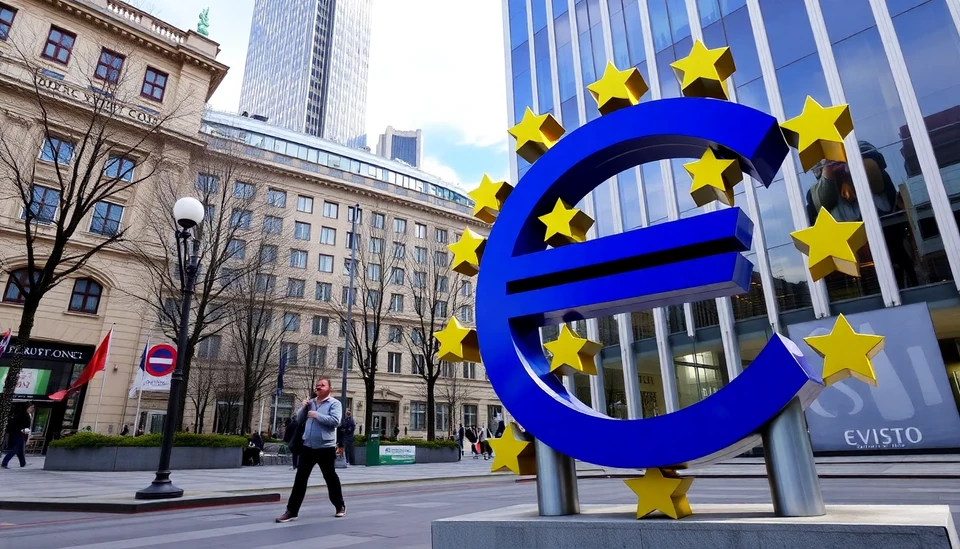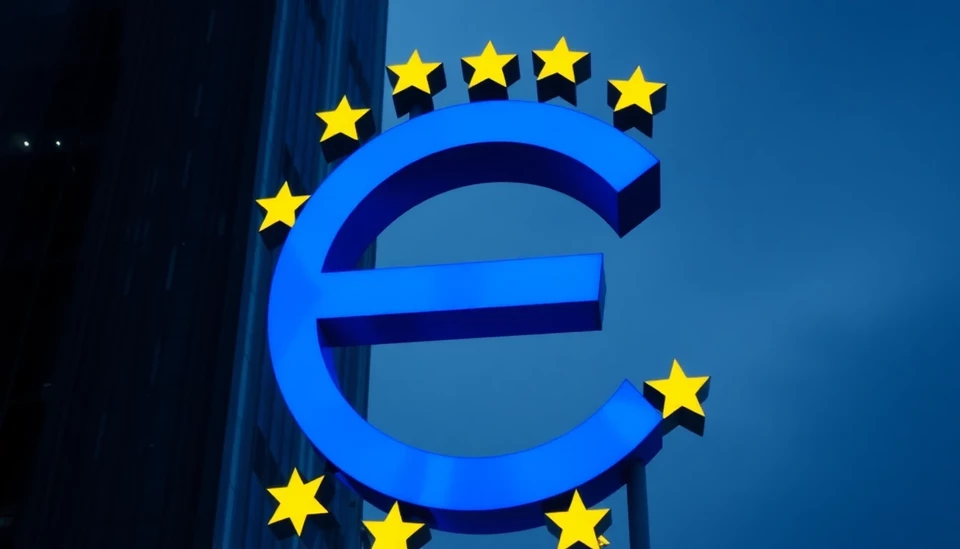
In a recent analysis of the economic climate in the Euro Zone, inflation rates have remained persistently above the European Central Bank's (ECB) target of 2%. This prolonged state of elevated inflation poses significant challenges for the ECB as it aims to navigate monetary policy amidst rising prices and shifting economic dynamics. The latest data exposes the complexities the central bank faces as it strives to maintain stability in the region's economy.
The ECB has traditionally aimed to keep inflation rates around the 2% mark to ensure a balanced growth trajectory. However, recent reports indicate that inflation continues to hover well beyond this goal. The factors contributing to this inflationary trend include a mix of supply chain disruptions, increased energy costs, and lingering effects stemming from broader global economic challenges. With these dynamics at play, the central bank finds itself at a crossroads regarding its future policy decisions.
In light of these developments, ECB officials are tasked with evaluating the implications of ongoing inflation on interest rates and other monetary tools. The central bank's ability to respond effectively to inflation is crucial to sustaining confidence in the Euro Zone economy. While efforts to curb inflation through monetary policy adjustments are on the table, many analysts are questioning the timing and efficacy of potential rate hikes or other interventions.
The situation is further complicated by geopolitical tensions and uncertainties that are impacting economic recovery across Europe. This backdrop adds another layer of complexity to the ECB's considerations as it seeks to balance the fight against inflation with the need to support growth. Market participants are closely monitoring any signals or guidance from the ECB regarding its intended trajectory for interest rates, particularly as inflationary pressures show little sign of abating.
As the ECB deliberates on its next steps, the focus remains on how these monetary policy decisions will influence both consumer behavior and investment in the region. A careful approach is essential to mitigate risks while fostering an environment conducive to economic growth. Analysts predict that the central bank's policy moves in the coming months will be instrumental in shaping the economic landscape of the Euro Zone for the foreseeable future.
In conclusion, the persistence of inflation above the ECB's target serves as a stark reminder of the economic challenges facing Europe today. With inflation proving stubbornly resilient, the central bank's strategy moving forward will be closely scrutinized by businesses, investors, and policymakers alike.
#EuroZone #Inflation #ECB #MonetaryPolicy #Economy #InterestRates #FinancialNews
Author: Rachel Greene




